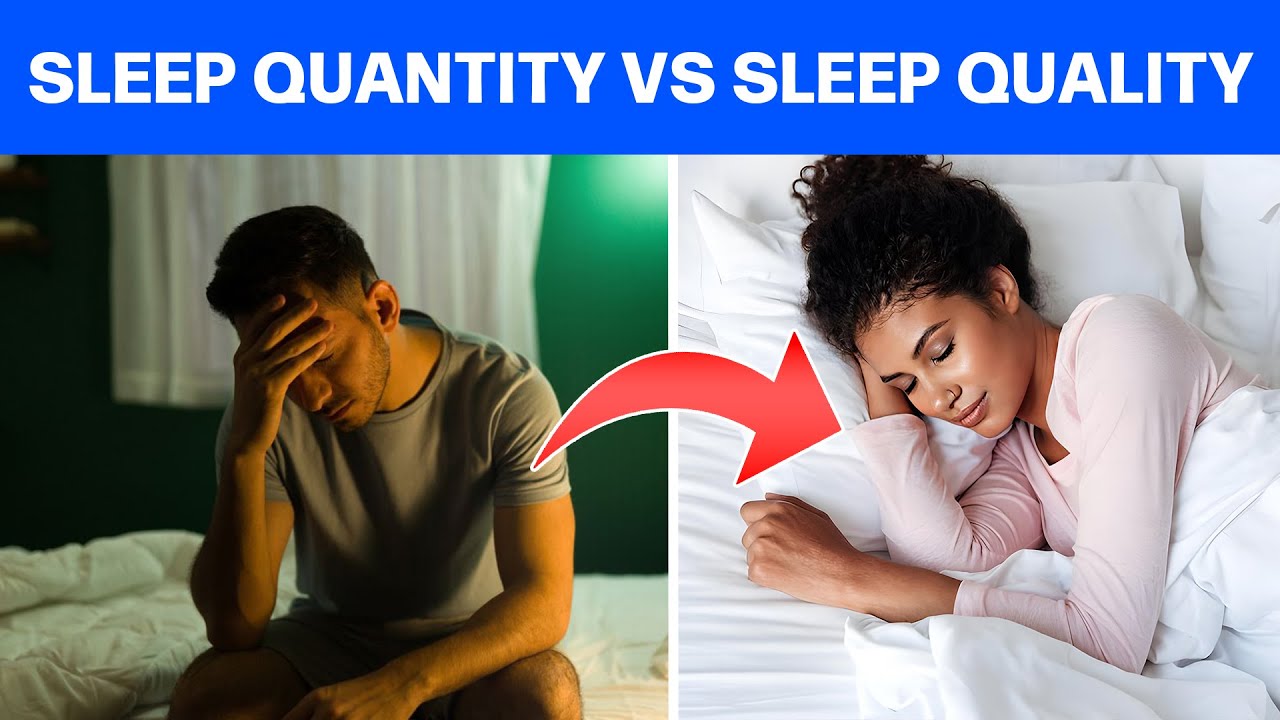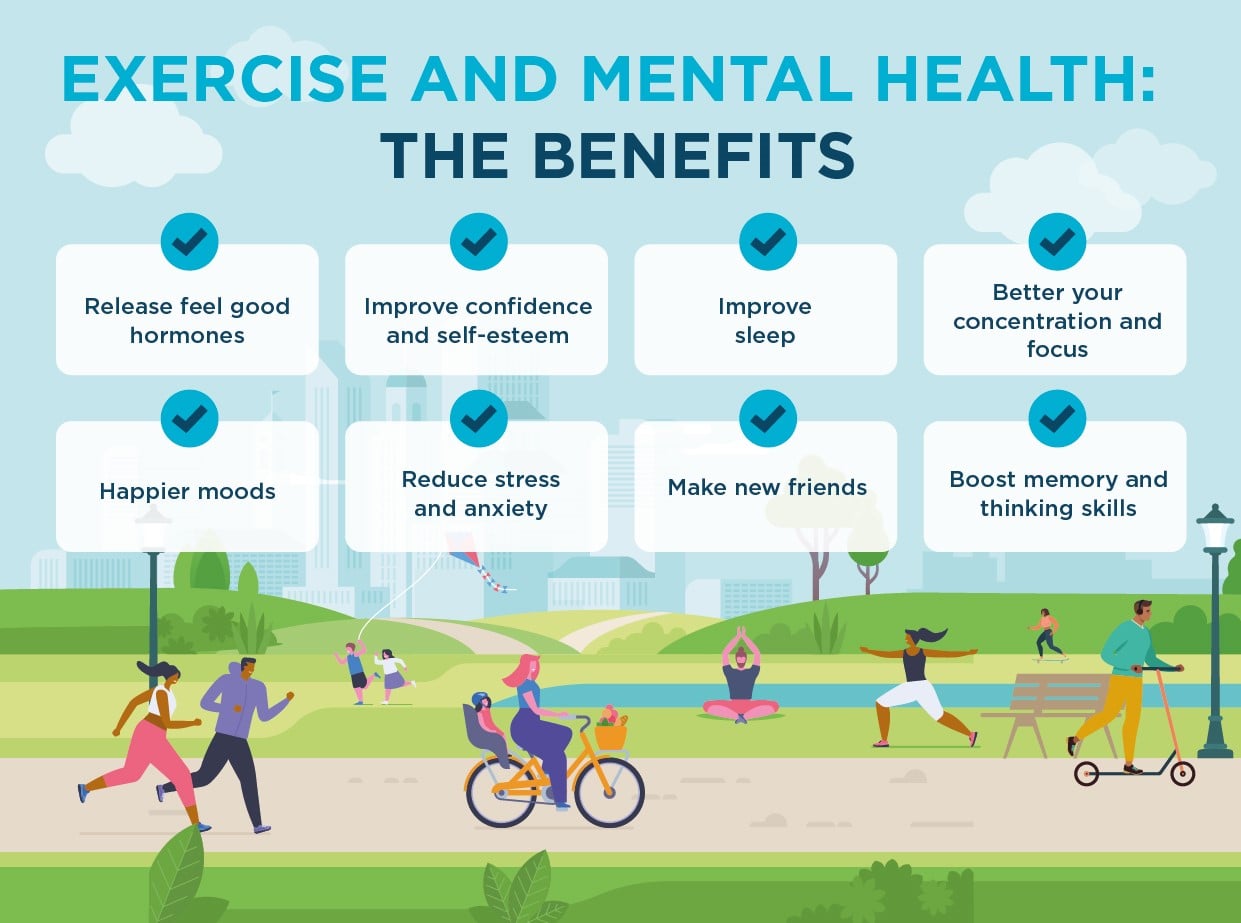In today’s media age, media consumption has become an integral part of our daily lives. From social media and news websites to streaming services and podcasts, we are constantly surrounded by information and entertainment. While this media saturation offers numerous benefits, it also poses a threat to our mental health.
Media can be a powerful tool for connection, education, and entertainment. However, excessive consumption can negatively impact mental health. Here are some of the key ways media affects us:
1. Social Media and Mental Health
- Positive Aspects: Social media platforms can foster connections, support networks, and a sense of community. They provide opportunities for self-expression and can be a source of inspiration and motivation.
- Negative Aspects: Overuse of social media has been linked to increased feelings of anxiety, depression, and loneliness. The constant comparison to others’ curated lives can lead to low self-esteem and body image issues. Additionally, the pressure to maintain an online presence can contribute to stress and burnout.
2. News Consumption
- Positive Aspects: Staying informed about current events is essential for civic engagement and awareness. Access to diverse perspectives can broaden our understanding of the world.
- Negative Aspects: The 24-hour news cycle and the prevalence of sensationalist headlines can lead to information overload and anxiety. Constant exposure to negative news, such as reports of violence, disasters, and political strife, can contribute to feelings of helplessness and fear.
3. Entertainment Media
- Positive Aspects: Movies, TV shows, music, and other forms of entertainment can provide relaxation, enjoyment, and a temporary escape from everyday stress. They can also offer insights into different cultures and perspectives.
- Negative Aspects: Binge-watching and excessive screen time can interfere with sleep, physical activity, and face-to-face social interactions. Exposure to unrealistic portrayals of life and relationships can distort our expectations and contribute to dissatisfaction.
While we cannot get away from media as a part of modern life, its impact on mental health largely depends on how we interact with it. By consuming mindfully and setting healthy boundaries, we can enjoy the benefits of media while protecting our mental well-being. Remember, it’s not about completely disconnecting from media but finding a balance that works for you.
Take a moment to reflect on your media consumption habits. Are there any changes you can make to improve your mental health? Share your thoughts and strategies in the comments below. Together, we can navigate the digital landscape in a way that supports our well-being.




